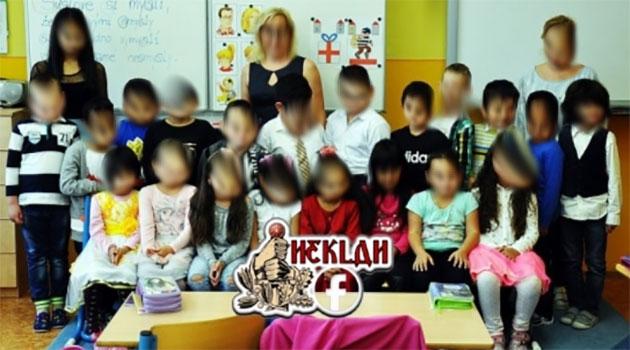Czech Regional Court returns online hate speech case about death threats against first-graders to lower court, more evidence needed

News server iDNES.cz reports that the Regional Court in Ústí nad Labem has returned to the lower court in Teplice a case of just one of the many hateful online commentaries threatening the first-graders at a primary school in Teplice with death because they appeared to not be white. The Regional Court is asking the lower court to add evidence to the record that is pertinent and to then issue a ruling on the case.
In April, the lower court in Teplice acquitted a man who had posted a commentary suggesting that the children should be gassed, saying that it was not possible to conclude beyond the shadow of a doubt that he was the actual person who had published the posts from that particular social media account without interrogating him to confirm this. The prosecutor then appealed that verdict to the Regional Court.
“With regard to the facts of the case ascertained by the first-instance court, the appeals court has concluded that they are incomplete and that it is necessary to provide more evidence in order to clarify this matter. If the Regional Court were to perform this task, itt would be doing the job of the first-instance court,” reads the Regional Court resolution that news server iDNES.cz has seen.
The school was located on “Gasworks” (Plynárenská) Street. The accused is said to have posted the following comment beneath an online photograph of the children in the first-grade class there: “It’s a good thing they’re from the Gasworks Primary School. The solution is right there. Don’t say it didn’t occur to you!!!”
According to the prosecutor, the man was referencing the murders in gas chambers that were performed during the Second World War; the prosecution has also accused him separately of uploading photographs with Nazi subject matter to social media. For felony incitement of hatred against a group or inciting the restrictions of their rights and freedoms, and for displaying sympathy with a movement aiming to suppress human rights and freedoms, the perpetrator faces between six months and three years in prison if convicted.